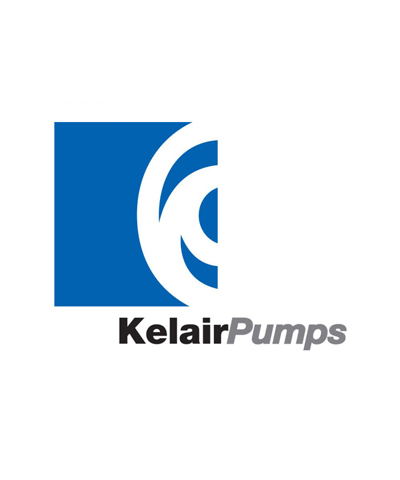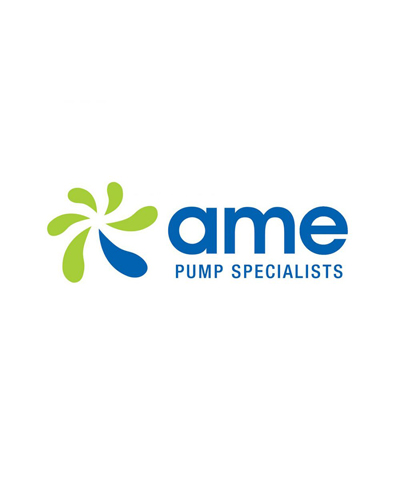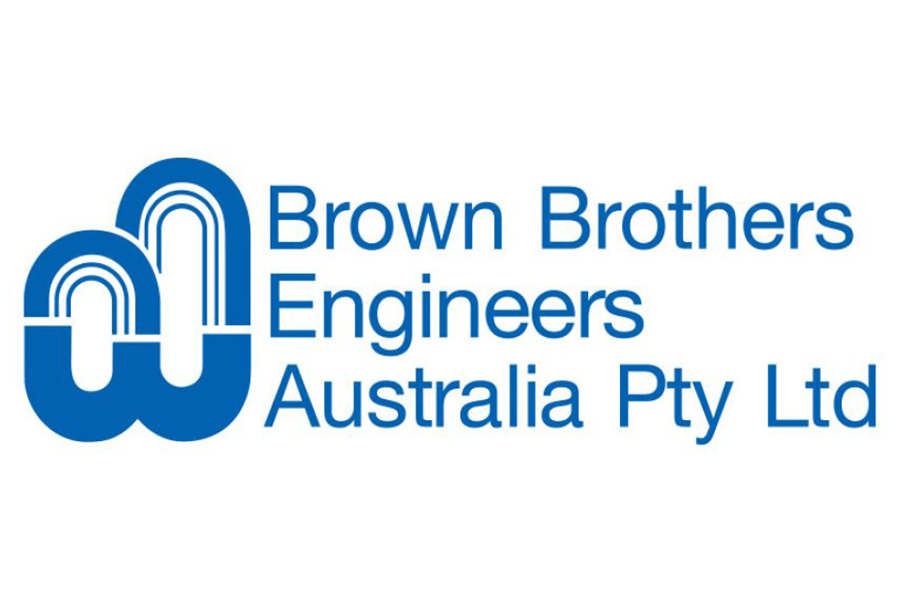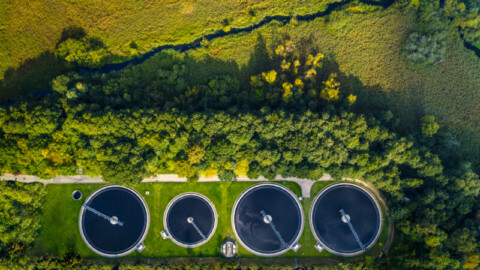The pump industry relies on expertise from a large and varied range of specialists, from experts in particular pump types to those with an intimate understanding of pump reliability; and from researchers who delve into the particulars of pump curves to experts in pump efficiency. To draw upon the wealth of expert knowledge the Australian pump industry has to offer, Pump Industry has established a panel of experts to answer all your pumping questions.
This edition of Ask an Expert will look at valveless flow control with progressive cavity pumps and their usefulness in flow control, and oil & gas applications.
Q: How would switching to valveless flow control in pumps impact my operation?
A: Many think utilising a centrifugal pump and control valve for flow control applications is the only option; however, progressive cavity (PC) pumps are particularly well suited in these areas due to their valveless design and controllable flow. The term for the innovative use of PC pumps in these applications has been coined valveless flow control.
Function
In a PC pump, a single helix rotor turns insides a double helix stator to create cavities which progress from suction to discharge. The compression fit between the rotor and the stator creates seal lines that keep the cavities separate as they move through the pump with each rotation. This compression enables the pump to act like a valve, thereby reducing slip, minimising pulsations and lowering shear rates. PC pumps also precisely meter and gently convey thin to highly viscous media, with or without solids and in a
wide range of temperatures.
Common issues resolved
Common issues with centrifugal and control valve combinations include cavitation, leaks, obstructions, erosion, hysteresis and modulation. Centrifugal pumps can also lose prime between batches or from alternating pumps.
When considering process control, a progressive cavity pump, flow meter and variable frequency drive offer a simpler and easier solution. The PC pump self primes and acts not only as the pump but also as a control valve, providing better flow control.
They are not affected by changing pressures and hysteresis and modulation can be virtually eliminated. There is also no worrying about internal or external air leaks or obstructions in the suction or discharge pipework.
Applications
Progressive cavity pumps are replacing centrifugal and control valve combinations in applications where flow control is vital such as wastewater treatment and chemical metering. For example, transferring slurry to a blending tank is efficiently handled with a valveless PC pump. The pumps offer increased reliability, reduced maintenance along with decreased capital, operating and energy costs.
Contact SEEPEX to experience the benefits of valveless flow control for yourself.

Full API progressive cavity pump
Q: Do progressive cavity pumps additionally support the wide range of applications in oil and gas from upstream to downstream production?
A: Drilling waste management, produced water treatment, fraccing, LACT, multiphase boosting and crude oil transfer, MEG reclamation, sump/caisson emptying, FPSO and refinery wastewater; all these applications and more are easily handled with PC pumps.
PC pumps have many characteristics that make them suitable for oil and gas: flexible installation, pumping of non-flowable products and media with suspended solids, low NPSH, no gas locking, reduced space requirements, accurate linear flow, and minimal shear. They are delivering accurate metered flow with every revolution of the rotor while minimising flow rate variation across a broad range of pressures.
Oil, water and gas can be transported reliably by uniquely configured progressive cavity pumps, with control systems to deal with variable flow requirements. PC pump manufacturers are even offering API 676 and API 682 compliant pumps to meet the full range of customers’ needs.
Peter Vila, Managing Director of SEEPEX Australia, is a progressive cavity pump expert. He has been involved with pumps for over 35 years. Peter spent the first five years repairing pumps and the following 30 years in technical sales, 15 of which have been with SEEPEX progressive cavity pumps.
This partner content is brought to you by SEEPEX Australia. For more information on progressive cavity pumps, please contact SEEPEX Australia on (02) 4355 4500 or at [email protected].




















